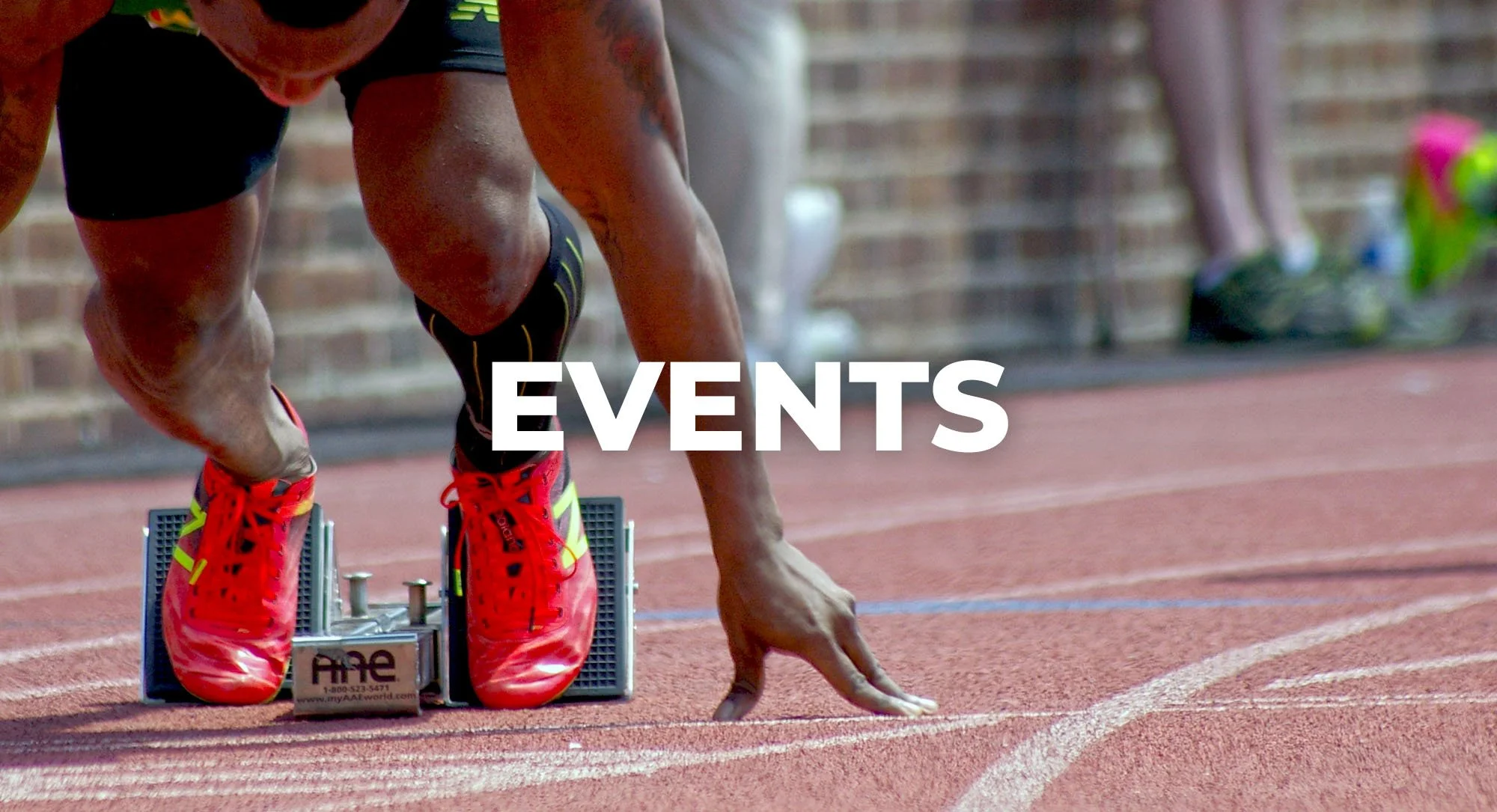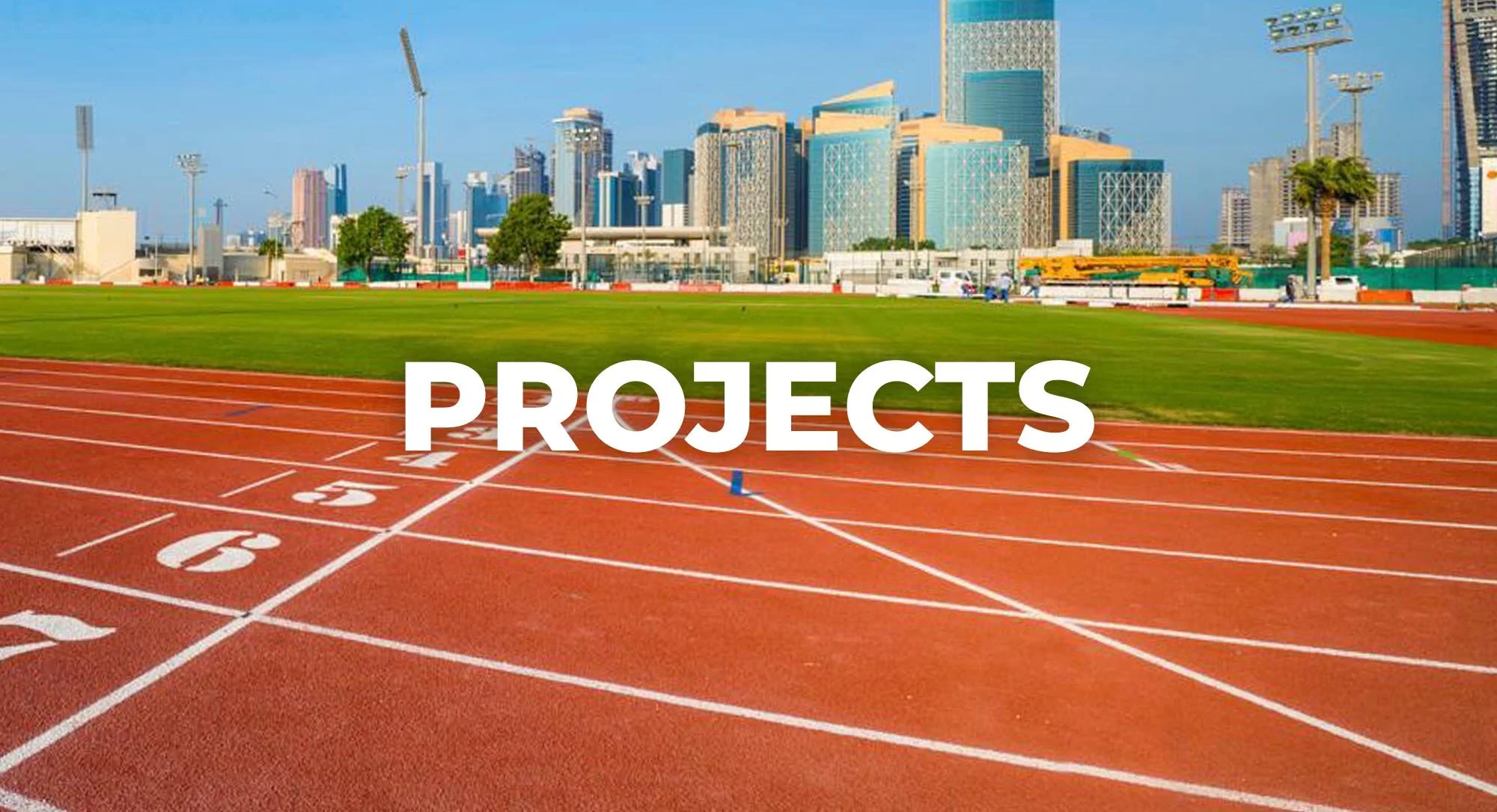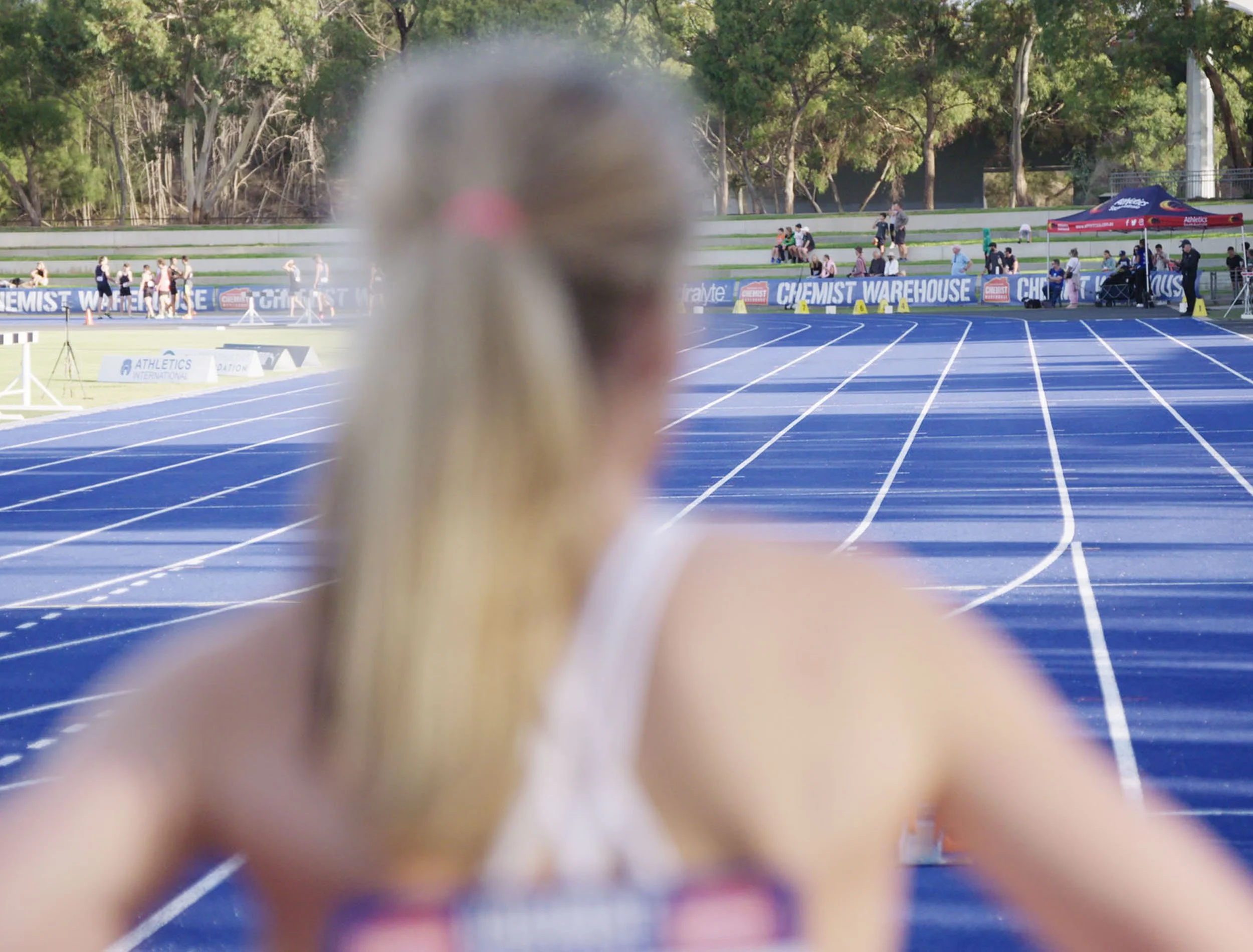From Olympian to Rhodes Scholar to Australian Athletics, Simon is giving back to his sport by growing it.
Tasmanian-born Simon Hollingsworth’s life has been defined by excellence in athletics, academics and public policy. A dual Olympian (Barcelona 1992 and Atlanta 1996) in the 400m hurdles, a Commonwealth Games medallist and a Rhodes Scholar, Simon’s journey exemplifies resilience and keeping an eye on the big picture. With a distinguished career in public policy and sports governance, he now leads Athletics Australia, bringing his athletic and leadership expertise to transform the sport in Australia.
Tell us about your journey from athlete to CEO of Athletics Australia…
I’ve been involved in athletics for most of my life, starting in Tasmania. My event, the 400m hurdles, is highly technical and incredibly demanding, but it suited me. At 17, I competed at the Auckland 1990 Commonwealth Games, where I broke the Australian under-18 hurdles record – a record that actually still stands. Representing Australia at the Barcelona 1992 Olympics was an amazing experience for a 20-year-old from Tasmania, but injuries impacted my performance at Atlanta 1996, and it became a turning point that led me to apply for the Rhodes Scholarship.
It was a difficult decision to step away from elite athletics, particularly as it meant missing the Sydney 2000 Olympics, but I believed it would be a life-changing opportunity. At Oxford University, you’re surrounded by excellence, so it’s like the Olympics, and it opened new doors for my personal and professional growth.
Although I’ve spent much of my career in public policy, I’ve maintained a connection to athletics, so the Australian Athletics role felt like a natural culmination, bringing together my passion for the sport and my professional skills to give back, which is important to me.
How has your experience as an Olympian shaped your leadership approach?
Being an Olympian sticks with you for life. Representing your country on the global stage fosters a broader, international perspective. I’ve carried that outlook into my professional life, always adopting and adapting ideas from around the world.
The patience required to be an Olympic athlete is also a major influence. The Olympics happen every four years, so you need the ability to stay focused on incremental progress. Athletes who are successful recognize that the ups and downs are part of the journey. In leadership, success requires sustained, consistent effort, because not every day is a success. It’s not about avoiding setbacks but using them as opportunities to learn.


















